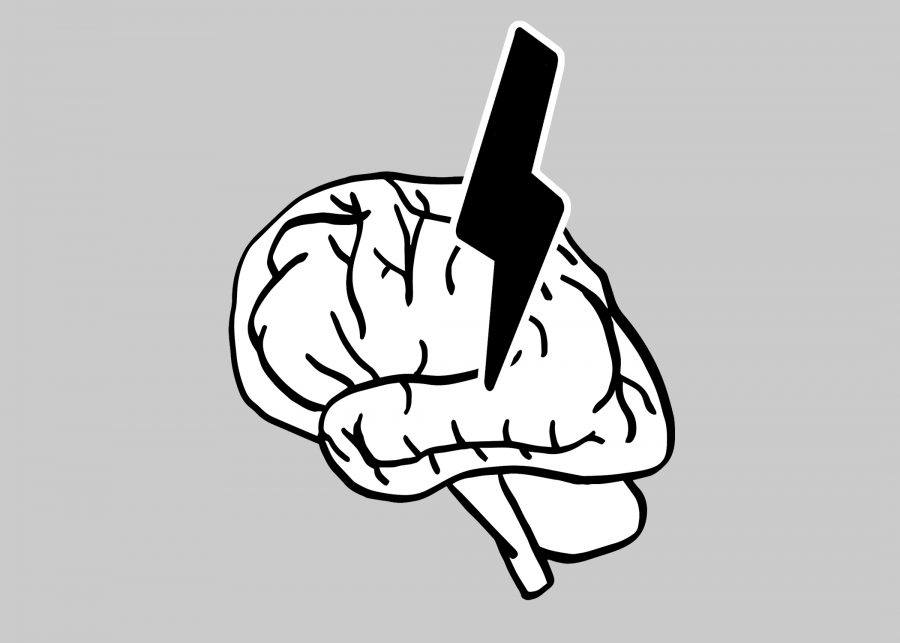Imagine waking up cold and confused with a room full of strangers standing over you. Imagine if this happened to you over and over again. Unfortunately, this nightmare is a reality for the more than 3.4 million Americans with epilepsy.
To add to this, those with epilepsy have been historically misunderstood. It’s been perceived as witchcraft or insanity, and today, it’s still mistaken as drunkenness. A spokesman for the national Epilepsy Foundation said that about 50 Americans with epilepsy were wrongfully arrested during a seizure last year and denied medical treatment. A now-viral video shows Fort Worth police violently arresting a man having a seizure in March.
Because it affects so many people, the UT campus should be proactive in preventing a misunderstanding like this. If someone does have a seizure on campus, we should stop staring and start rendering aid.
Epilepsy causes seizures. A seizure is a sudden surge of electricity in the brain. More Americans have epilepsy than cerebral palsy, multiple sclerosis, cystic fibrosis or muscular dystrophy combined, and at least 1 million people in the U.S. have epilepsy that doesn’t respond to medicine. Epilepsy kills as many people each year as breast cancer. And like breast cancer, there’s no cure.
International relations junior Gloria Tucker lives with epilepsy and had a nightmarish seizure as described above.
“It’s scary waking up and seeing people who you don’t recognize and they tell you, ‘Hey, you just had a seizure,’” Tucker said.
Linguistics junior Sunny Ananth has absence seizures during which he “will just kind of freeze up.” He said that in addition to the seizures, the pre- and post-seizure activity in his brain can make him feel even worse.
“You feel awful. It’s like the sinking of the heart,” Ananth said.
Tucker’s epilepsy runs in her family. Although her seizures are infrequent, she urges her classmates not to underestimate peers with epilepsy.
“Just because you are diagnosed with epilepsy doesn’t mean you’re fragile. … It just means you have something that you need to be more cautious and aware of. You have to live your day-to-day life,” Tucker said.
Epilepsy may not look like a disability, but a seizure can leave a person unable to function for hours, even days.
“Seizures can be tremendously impactful and can affect their concentration, memory and ability to learn,” said Dr. Jay Gavvala, a UT alumnus and neurologist with Baylor College of Medicine.
Gavvala specializes in epilepsy. He says that students who see a classmate having a seizure should stay with them until the seizure is over.
“Try to stay calm. Most seizures will last no more than two to three minutes. Prevent injury by moving nearby objects out of the way,” Gavvala said.
Most importantly, don’t try to hold a person down or put something in their mouth. If the seizure lasts for more than five minutes or the person stops breathing, call 911. You could save their life.
Tucker encourages students with epilepsy not to be ashamed to register with Services for Students with Disabilities. She says students and faculty who see someone having a seizure should render aid and make notes of what they see for later.
Ananth said he hopes people can have the time to stop and consider before immediately equating a seizure to erratic behavior — or something worse.
“The best thing to do is be patient. … it’s a stressful situation for everyone,” Ananth said.
For people with epilepsy, a seizure isn’t sensational. They can’t change their brain chemistry, but we can change the way we respond.
Laughead is a journalism and rhetoric and writing junior from Houston.


















